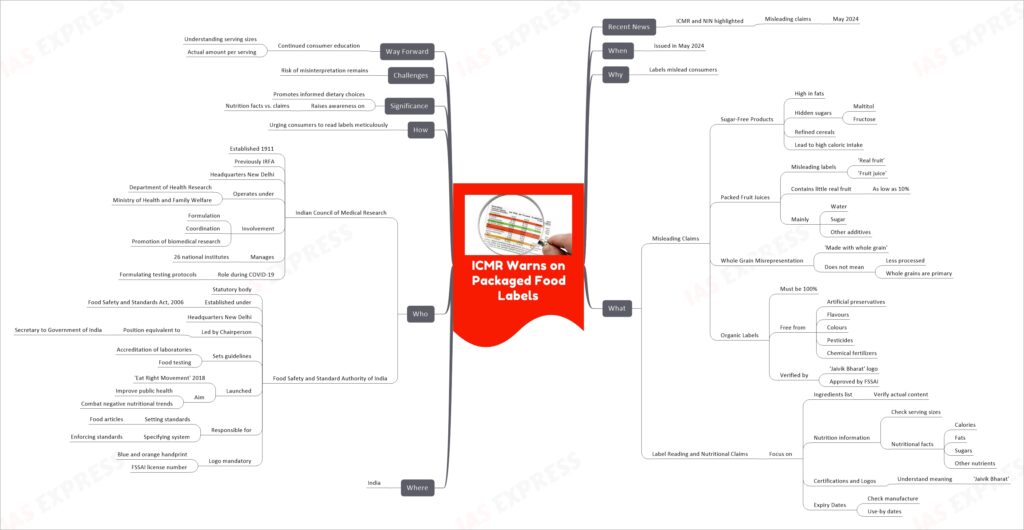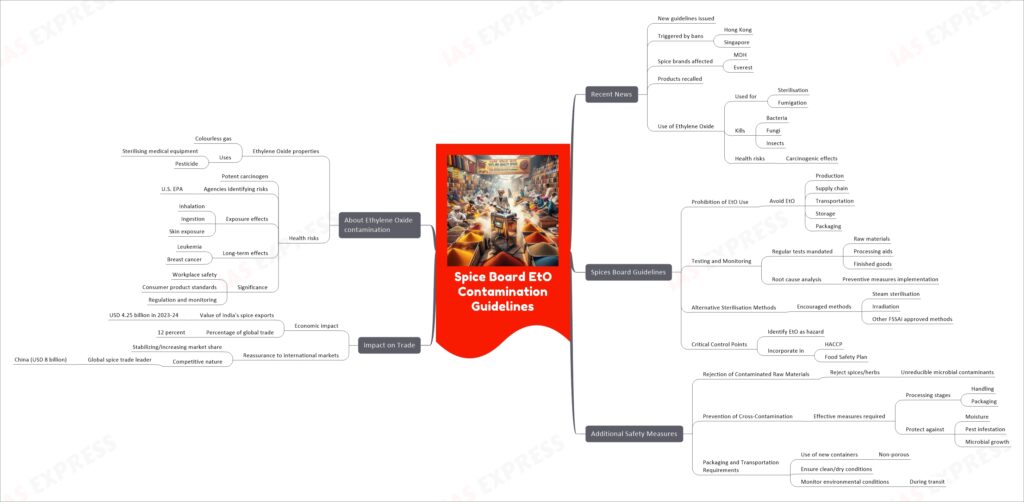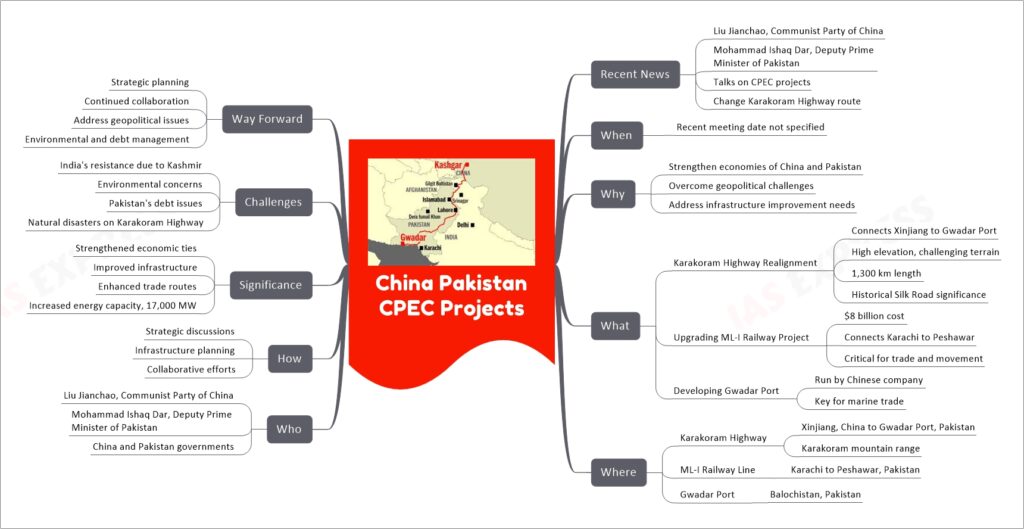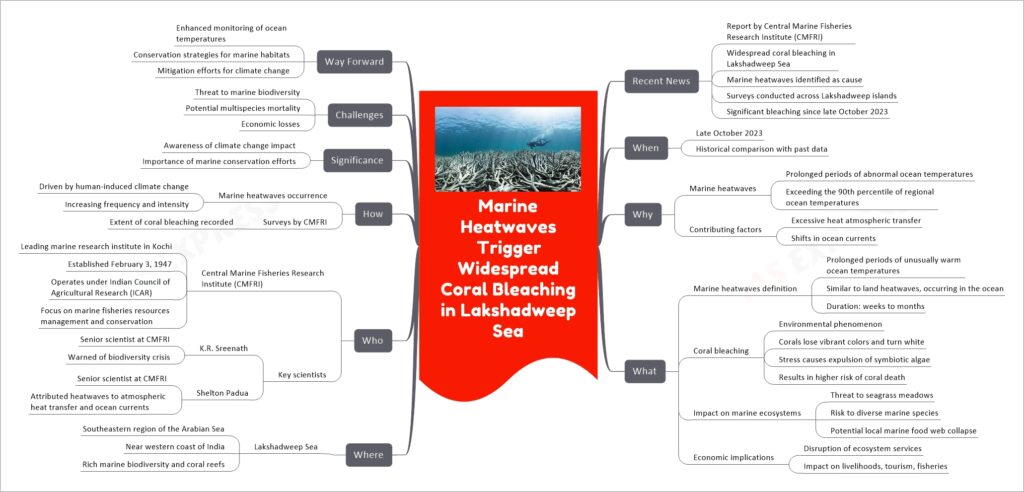[Newsbits] 14.05-6.06.2024: Mission Karmayogi, Reverse Transcriptase & More


Norway’s parliament approved deep-sea mining, sparking environmentalists’ legal action over insufficient impact assessments. Deep-sea mining, crucial for tech and green energy, poses significant environmental risks. Climate litigation, a growing trend with over 2,180 cases by 2022, holds entities accountable for climate actions. Notable cases include successful lawsuits in Europe and Montana, USA, though not all succeed, highlighting increasing reliance on legal avenues to address climate change.

The Indian Council of Medical Research (ICMR), through its National Institute of Nutrition, has issued guidelines in May 2024 warning about misleading claims on packaged food labels. These guidelines alert consumers to the potential health misrepresentations in products labeled as “sugar-free,” “packed with real fruit,” or “made with whole grain,” among others. By encouraging consumers to read ingredient lists and nutritional information carefully, and understand food certifications, the ICMR aims to foster more informed dietary choices and better health outcomes. Additionally, the guidelines serve to clarify the criteria for organic labels in India, supported by the ‘Jaivik Bharat’ logo.

The proposed policy to exclude stubble burners from Minimum Support Price (MSP) benefits is a response to the Supreme Court’s 2023 directive to introduce disincentives for stubble burning. This practice, which significantly contributes to air pollution, particularly in Northern India, will face stricter regulations from the 2024-25 Kharif season. Under the new policy, farmers who engage in stubble burning will not receive MSP benefits and will be marked with a ‘red entry’ in farm records. This measure aims to discourage environmentally harmful practices and improve air quality. The policy is being implemented with the help of protocols developed by NSRC and ISRO for accurate tracking of farm fires, although its enforcement faces challenges such as potential farmer protests and the complexity of tracking and penalizing offenders.

The Spices Board of India has introduced new guidelines to address the issue of ethylene oxide (EtO) contamination in exported spices following bans by Hong Kong and Singapore on popular Indian spice brands due to carcinogenic risks. The guidelines prohibit the use of EtO in the entire spice production chain, mandate regular testing and monitoring, and promote alternative sterilization methods. Additionally, they incorporate critical safety measures at all stages of spice processing and transportation. These measures aim to ensure the safety and quality of Indian spices, critical for maintaining and growing India’s significant share in the global spice market, valued at USD 4.25 billion. Ethylene oxide, a hazardous chemical used for sterilization, poses serious health risks, making these guidelines vital for consumer and workplace safety.

China and Pakistan recently engaged in talks to accelerate the progress of key projects under the China-Pakistan Economic Corridor (CPEC). The discussions, led by Liu Jianchao of the Communist Party of China and Mohammad Ishaq Dar, Pakistan’s Deputy Prime Minister, focused on strategic infrastructure developments. Major projects under consideration include the realignment of the Karakoram Highway, which connects China’s Xinjiang to Pakistan’s Gwadar Port, the $8 billion upgrade of the ML-I railway line between Karachi and Peshawar, and the enhancement of facilities at Gwadar Port. These initiatives are crucial for strengthening the economic relationship between the two countries and improving trade routes.
The Karakoram Highway, known for its challenging terrain and historical significance, is a vital link in the CPEC, often referred to as the “Eighth Wonder of the World” due to its high elevation and engineering marvel. The highway, stretching 1,300 kilometers, traverses the Karakoram mountain range and includes the world’s highest paved international road at the Khunjerab Pass.
The CPEC, initially valued at $46 billion and now exceeding $62 billion, encompasses a range of projects beyond road and rail infrastructure, including energy projects aimed at adding 17,000 MW to Pakistan’s power grid. Despite the potential economic benefits, the CPEC faces geopolitical challenges, particularly India’s opposition due to the corridor passing through Pakistan-occupied Kashmir. Environmental concerns and Pakistan’s increasing debt are also significant issues.
Both nations reaffirmed their commitment to overcoming these challenges through strategic planning and cooperation, aiming to transform the CPEC into a cornerstone of regional connectivity and economic development.

Marine heatwaves in the Lakshadweep Sea have triggered widespread coral bleaching, severely impacting the region’s marine biodiversity. Conducted by the Central Marine Fisheries Research Institute (CMFRI), surveys reveal that prolonged abnormal ocean temperatures since late October 2023 have stressed coral reefs, causing significant bleaching. Scientists attribute these heatwaves to excessive atmospheric heat transfer and shifts in ocean currents, posing a threat not only to coral reefs but also to other vital marine habitats like seagrass meadows. The ecological damage risks the collapse of local marine food webs and substantial economic losses for fisheries and tourism. Urgent conservation and climate change mitigation efforts are necessary to address these challenges.
If you like this post, please share your feedback in the comments section below so that we will upload more posts like this.
